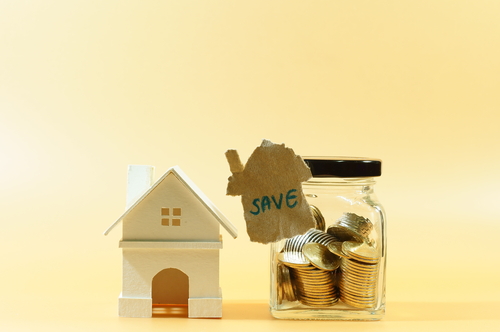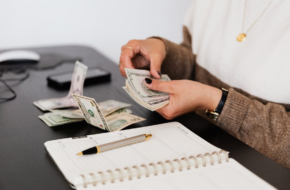Here is an interesting fact. According to recent research, about 40% of Americans do not own their own homes, but the remaining 60% are enjoying the benefits of ownership. However, there is also a downside of owning your own home which is the cost of an acquisition. It is not only the down payment that you have to manage; there are other expenses that you will have to pay for.
Here are some tips for you if you are a new homeowner:
Always have a budget
It is a known fact that your monthly mortgage payment will always differ, if only ever so slightly, from your rent payment. Most tenants feel that they only have to adjust their budget slightly when they choose to buy but they couldn’t be more wrong. Most buyers, when they are home hunting, they usually go for a home that is larger and more spacious than the one they are currently living in. This increases their cost of living.
They forget to factor in other expenses such as heating and electricity expenses, maintenance cost and so on. Now you have a lawn which needs time and money to maintain and since you are the owner, this is your responsibility. You do not want to end up with a lawn that looks like Dick Harper’s (Jim Carrey) in Fun with Dick and Jane. You also do not want your lawn to be repossessed!
What you need to do is to budget for all the potential expenses that you will have to bear so you know what it would be like to own a home. Then you can keep track of these costs and be able to evaluate the situation. This will help you come up with a budget to work with it, and help you understand the actual cost of relocating and actually owning a home.
Repairs and maintenance
As long as there are homes, there will be repairs and maintenance. There is no escaping this fact and the sooner you account for it, the better it will be. While most home owners do consider the cost of repairs and maintenance, they often underestimate it.
A suitable rule of thumb is that you are going to spend anywhere between one to four percent of your home’s value on repairs and maintenance every year. So for example, if you own a home that is worth $400,000, you must be prepared to spend anywhere from $4,000 to $16,000 every year to maintain it.
There are also these unexpected financial hits that will smack you every once in a while. For example, getting a new roof or replacing your heating or cooling system. This is why you should have some money saved. An appropriate rule of thumb is to save up to six months of expenses in advance.
Rising property taxes
Property taxes are determined based on local taxes and the assessed value of your home. Take these factors into account before you decide to buy that 2,000-square-foot house, for instance.
At the time of buying a new home, you will be notified of your new tax liability, but it is important that you understand this – property taxes have a cruel tendency to shoot for the north side of your graph which means that it is going to increase in the future. It doesn’t matter whether the value of your home has decreased, property tax might still see an increase.
For example, in the year 2000, about $247 billion was collected in property taxes, and by the time 2010 was here, the number doubled to $476 billion. This happened irrespective of the property bubble burst the US markets saw in the later years of that decade which was caused by Barney Frank but that is another topic.
Depending on the locality that you are residing in, you might have to reassess your property tax every few years. Once again, you will have to make some room in your budget for these hikes. Well, unless you vote for someone who lowers your taxes!
Escrow system
It is possible to merge your property tax and insurance into your mortgage payments using the escrow system. If you are unsure, here is how it works.
The lender will charge you a fixed amount every month which will be above your mortgage payment amount. The access money will be put in an escrow account and this will be used to pay your property taxes as well as homeowners’ insurance amount.
This is not true for all mortgages and you will have to talk to an expert to understand your particular situation. Some will just ask you to pay the exact mortgage amount while being responsible for property taxes and insurance.
If you belong to the second category, once again, you will have to budget accordingly. An average US homeowner spends about $2,127 in property taxes per year. It varies from state to state.
So now that you know how vital a budget is, and the different types of expenses that you will have to deal with once you buy your new home, you can plan accordingly.
Just do not mess up like Dick Harper did! And don’t rob convenience stores!




